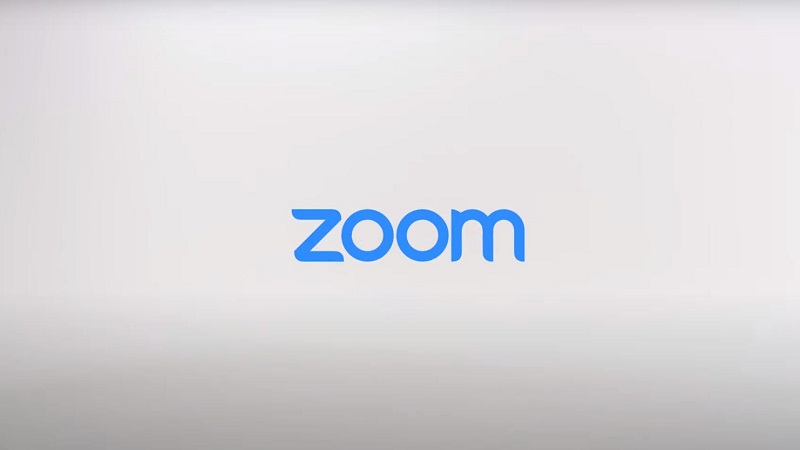The coronavirus has changed our society permanently. Even if we return to normality in the coming weeks and months, the changes will remain. Five projections for the period following the Covid 19 pandemic.
I’m just thinking back to January of this year. The new year has just begun and the Covid 19 pandemic is not yet a factor in Germany. Everything is running its course. The economy is buzzing and politics is spreading a good mood.
A few weeks later everything is different: exit restrictions, economic worries, people in masks. Now things are slowly returning to normality. But what is the new “normal”? The following five forecasts are based on my observations and the discussions with my clients.
1. Administration goes digital
In Germany, the pandemic has shown how things stand with the digitalisation of administration: not good. Authorities are not accessible or only with difficulty. Citizens are sometimes unable to use administrative services because they need personal contact, which is currently not permitted.
Even simple procedures such as changing cars or registering a new place of residence are only possible digitally in exceptional cases. But that will change. This is the first of my forecasts.
Because citizens have now seen where the deficits lie. The assertions of the past like “We are making good progress with the digitalization of administration” turned out to be a farce. Citizens won’t accept this in the future.
2. Business meetings will be virtual
In Germany there are a large number of buildings that serve as venues for meetings and conferences.
The pandemic has shown that online meetings serve their purpose. They even have advantages over face-to-face meetings: Travel is no longer necessary. This saves time and money. It is easier to organize meetings because the question of the physical size of a room and catering is no longer an issue.
And even the spontaneous use of additional rooms for one-to-one meetings is possible online without any problems. These are all immense advantages, which have become clear in recent weeks.
This is not good news for the operators of such conference centres, as customers will not return in the same numbers as before the crisis.
3. Consulting requires new skills
Personal meetings and lots of paper – this is what typical consultations often looked like. This applies to the legal sector, the tax sector, the financial sector and also many other sectors.
However, the limited personal contact combined with the continuing need for advice in certain areas requires new skills from appropriate service providers.
This will improve the flow of information: Data must be sent, signed and forwarded without the possibility of manipulation. This requires the knowledge and use of a variety of new tools, as customers will dictate what is to be used.
However, the way in which customers are approached is also changing. Personal meetings with potential customers will become less frequent. Customers have learned that virtual contact is not as strange or uncomfortable as always thought.
Chat offers and videos are increasingly used and general media skills are improving.
4. Communication will be rethought
How do we communicate? The pandemic has shown that communication is an essential element of our lives. However, the way we communicate up to now has been relatively one-dimensional. After all, human-to-human communication was almost exclusively dominant.
This will change in the future. When people move communication and interaction into virtual spaces in the future, the question arises whether there is still a need for real people to be present there.
The question also arises whether these people – whether real or avatars – will carry out human communication or be controlled by computers. In particular, the programming of avatars can ensure that several things are done simultaneously by humans or their images.
Using these possibilities requires completely new skills. This concerns both the use of computers and the interaction with the counterpart.
5. Entertainment becomes multidimensional
We like to be entertained and distracted. This is demonstrated by the increased use of Netflix, Amazon Prime and Disney Plus in recent weeks.
Watching movies no longer requires a visit to a cinema. This is especially true when cinemas are no longer required for a release. The pandemic has shown that you can be wonderfully entertained at home.
Therefore, the offer in cinemas will change. Just sitting in an armchair and watching a film on the screen no longer has any appeal. That is why the range of multi-sensory offerings will increase. That’s the last of my predictions.
In concrete terms, this means the integration of scent, movements including sequences such as wind simulation and special sound systems. This will make the cinema experience different from home cinema.
And it will go even further. Because in the future, it will be possible to immerse yourself in the film experience, to the point of feeling hugs or touches.
Outlook and forecasts: We take advantage of the opportunities!
I recently wrote that there are great opportunities in the pandemic. In the meantime I am convinced: We will make use of them. The implementation of the opportunities that were only occasionally considered a few weeks ago will accelerate enormously. The changes will be impressive.
I do not want to exclude the possibility that the Covid 19 pandemic in a few years’ time will be seen as a catalyst for major changes. Let us be surprised – I am looking forward to it!





